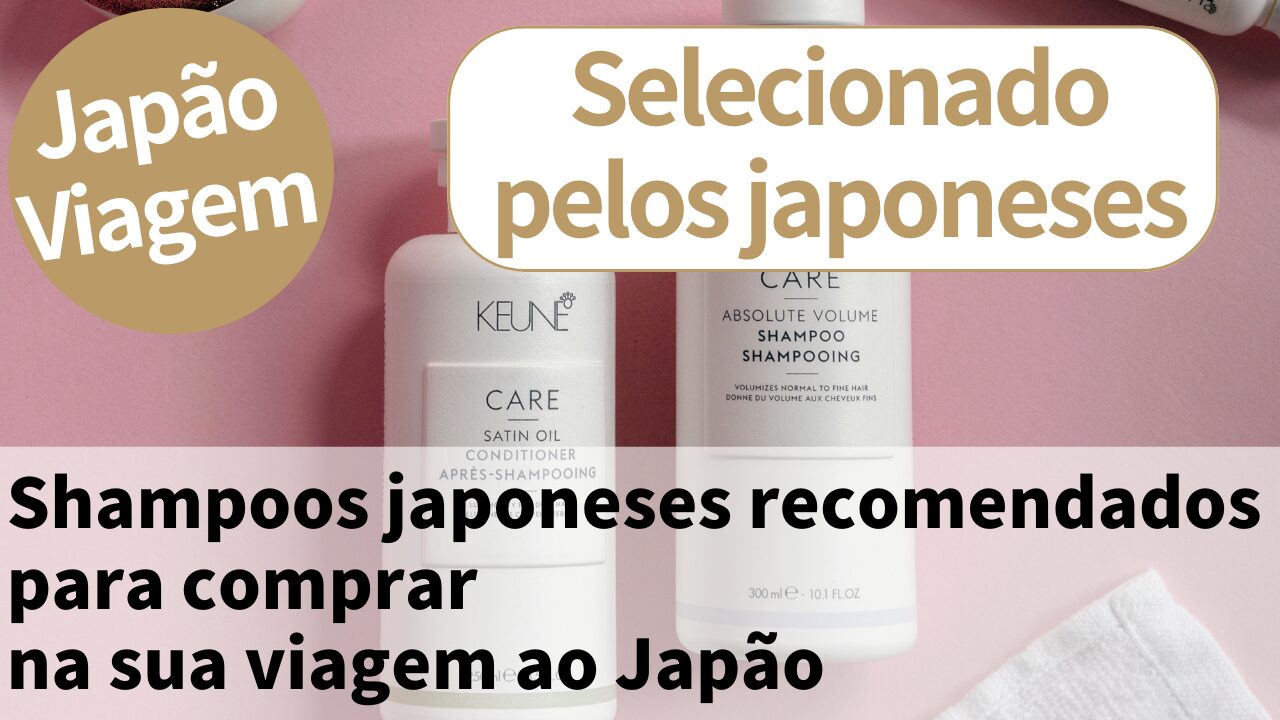Você já ficou curioso sobre os shampoos japoneses mais populares para comprar durante sua viagem?
Os shampoos fabricados no Japão são reconhecidos mundialmente pela alta qualidade, suavidade para os cabelos e couro cabeludo, além das fragrâncias agradáveis. Eles conquistaram muitos viajantes ao redor do mundo, especialmente na Ásia, onde são considerados um souvenir clássico. É comum ver turistas comprando vários frascos em farmácias e lojas como a Don Quijote.
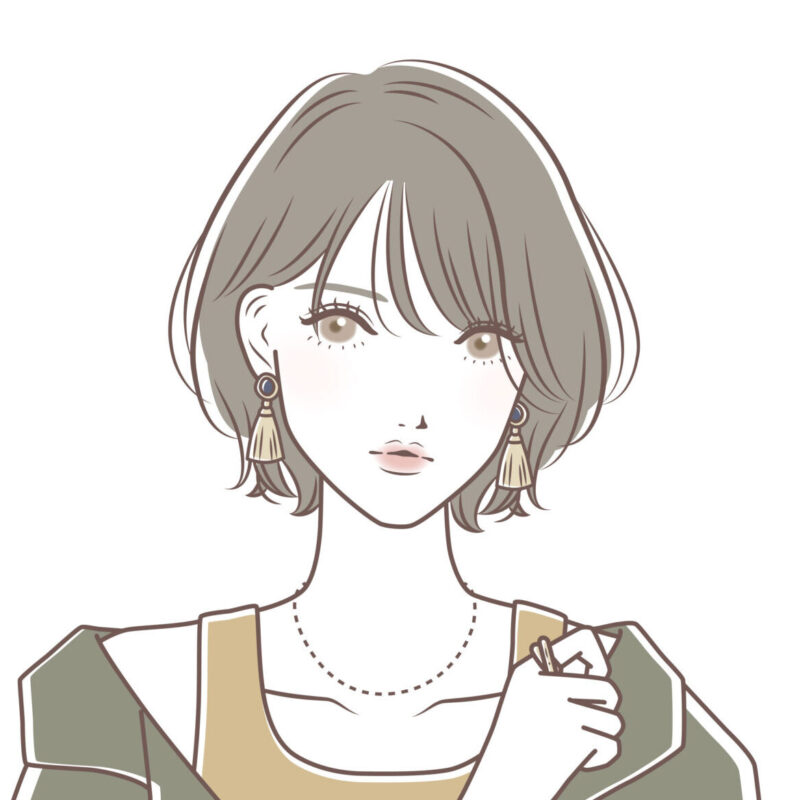
Também explicamos onde comprá-los, a média de preços e a reputação no exterior — ideal para planejar suas compras no Japão!
Pontos importantes ao escolher um shampoo japonês
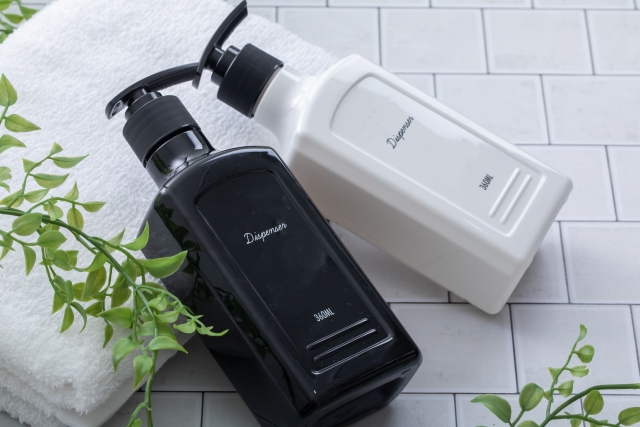
No Japão, há uma enorme variedade de shampoos disponíveis. Para encontrar o ideal para você, vale a pena considerar alguns pontos importantes.
Escolha os ingredientes certos para seu tipo de cabelo e couro cabeludo

Por exemplo, quem sofre com ressecamento ou caspa tende a preferir shampoos com alto poder de hidratação, como os à base de aminoácidos ou com óleos vegetais.
Já quem sente oleosidade ou acúmulo no couro cabeludo pode se beneficiar de fórmulas com argila ou mentol, que oferecem uma limpeza mais intensa.
Para peles sensíveis, é ideal optar por shampoos com fórmulas suaves, livres de fragrâncias artificiais e álcool.
Conheça os tipos: sem silicone, orgânico e à base de aminoácidos
No Japão, termos como “sem silicone”, “orgânico” e “aminoácido” são bastante comuns.
O shampoo sem silicone proporciona uma sensação mais leve e natural nos fios, ideal para quem busca leveza.
As fórmulas orgânicas utilizam ingredientes naturais e são muito procuradas por pessoas com pele sensível.
Os shampoos à base de aminoácidos são suaves, mas eficazes na limpeza, cuidando dos fios com delicadeza.
Design da embalagem e fragrância também fazem diferença
Outro diferencial dos shampoos japoneses é a grande variedade de fragrâncias e design de embalagem.
Aromas como flor de cerejeira, yuzu (limão japonês), ervas e rosas fazem sucesso — muitos produtos são comprados não apenas para uso próprio, mas também como presentes e lembranças “instagramáveis”.

Top 10 Japanese Shampoos to Buy
Ichikami
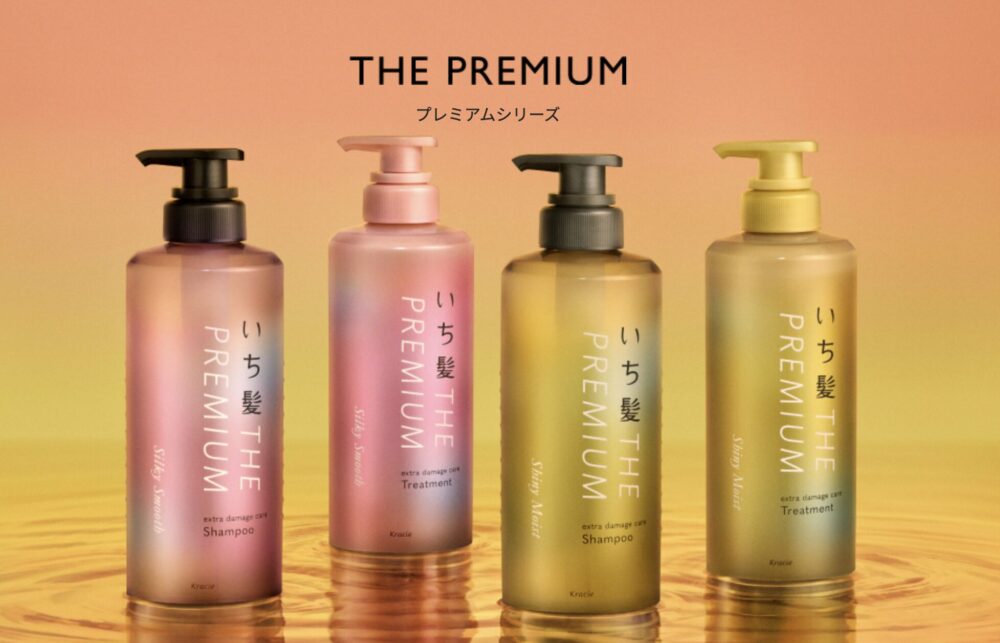
Price range: ¥600–800 / 480mL
Where to buy: Drugstores, Don Quijote
Ichikami is known for its unique Wakan (Japanese herbal) formula that incorporates traditional Japanese botanical ingredients. It contains rice bran ferment extract, cherry blossom extract, and camellia oil to repair damaged hair from coloring or heat styling.

The cherry blossom scent is also a favorite among international visitors, often described as “very Japanese and relaxing.”
TSUBAKI
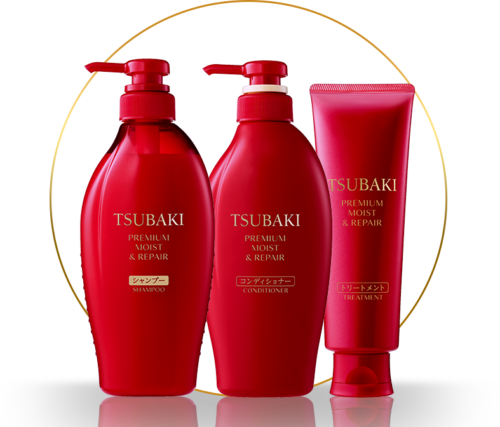
Price range: ¥900–1,200 / 490mL
Where to buy: Drugstores, Don Quijote
From Shiseido, TSUBAKI features a rich blend of beauty ingredients including camellia oil, royal jelly, and soy protein. These deliver deep hydration and nourishment to give your hair shine and resilience.
Available in moist and smooth types, it’s especially recommended for highly damaged, frizzy, or unruly hair.

&honey
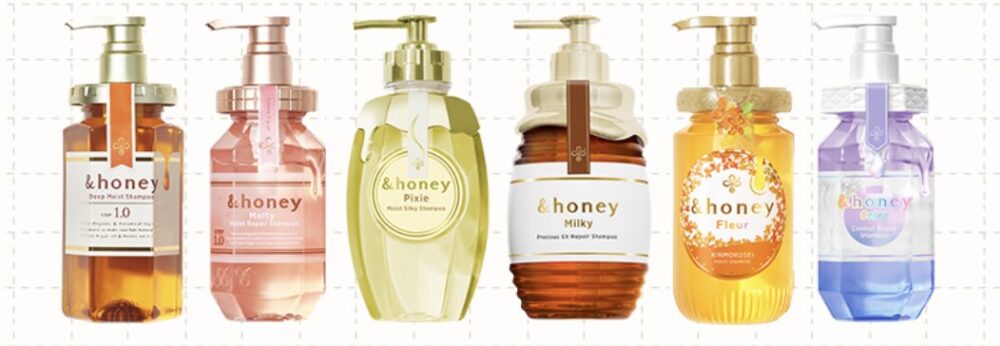
Price range: ¥1,400–1,600 / 440mL
Where to buy: Drugstores, Don Quijote
&honey is formulated with over 90% moisturizing and protective ingredients, aiming to achieve ideal 14% moisture retention for your hair.
It includes three types of honey (Manuka, Acacia, and Japanese), along with Moroccan oil and propolis extract.

Multiple variants are available, including extra-moist, smooth, and ultra-hydrating lines. Its scent is a luxurious blend of sweet honey and rose.
BOTANIST
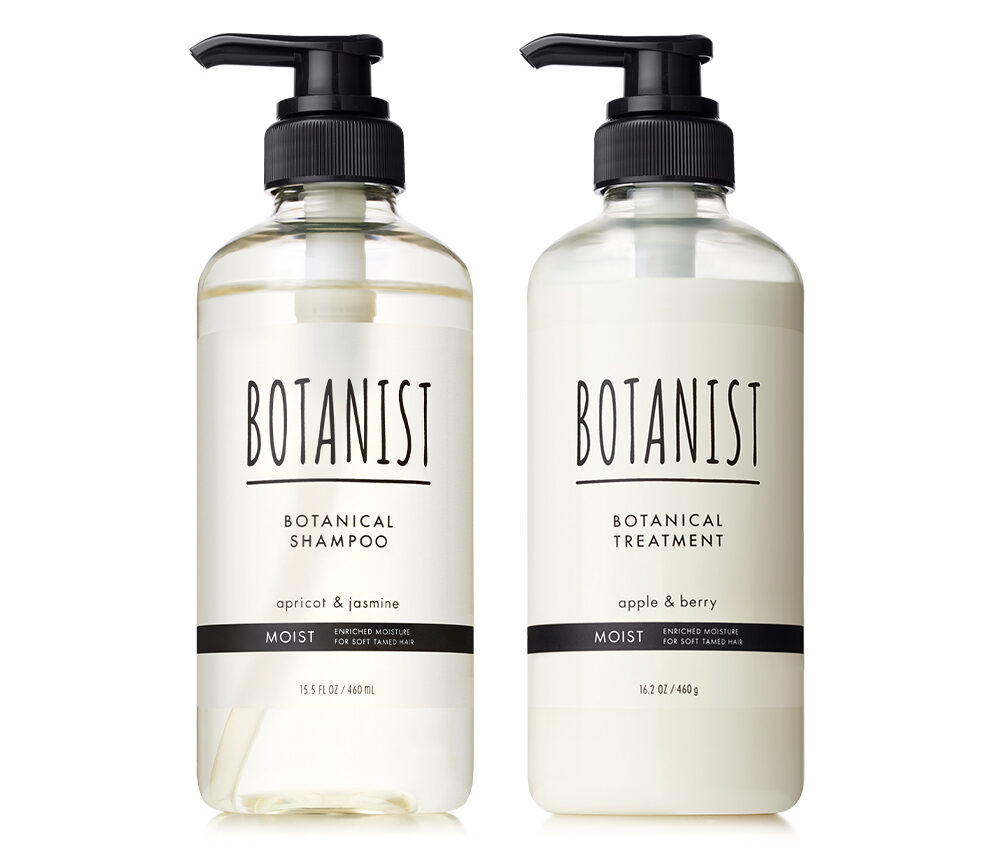
Price range: ¥1,400–1,600 / 440mL
Where to buy: Drugstores, Don Quijote
BOTANIST uses a botanical formula with over 90% plant-derived ingredients. It’s free from silicones, parabens, and synthetic dyes, and is based on gentle amino acid-based cleansers.
It offers several variants like Moist, Smooth, and Scalp to suit different hair concerns, especially frizz, flatness, and lack of volume.

MUJI Shampoo
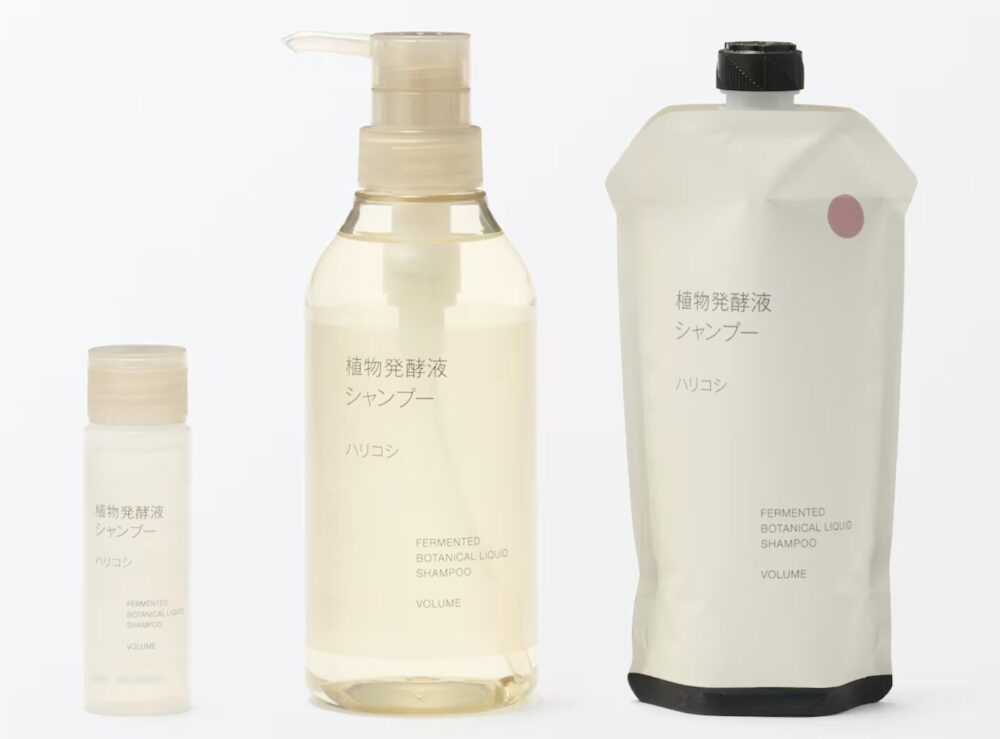
Price range: ¥790–990 / 340mL
Where to buy: MUJI stores
MUJI’s shampoo is known for its simple formulation with minimal additives and fragrance. It’s based on gentle amino acid cleansers and enriched with moisturizing plant extracts like jojoba seed oil and aloe vera.

Available in unscented and citrus-scented versions. Refillable packaging and eco-friendly focus are added bonuses.
OSAJI
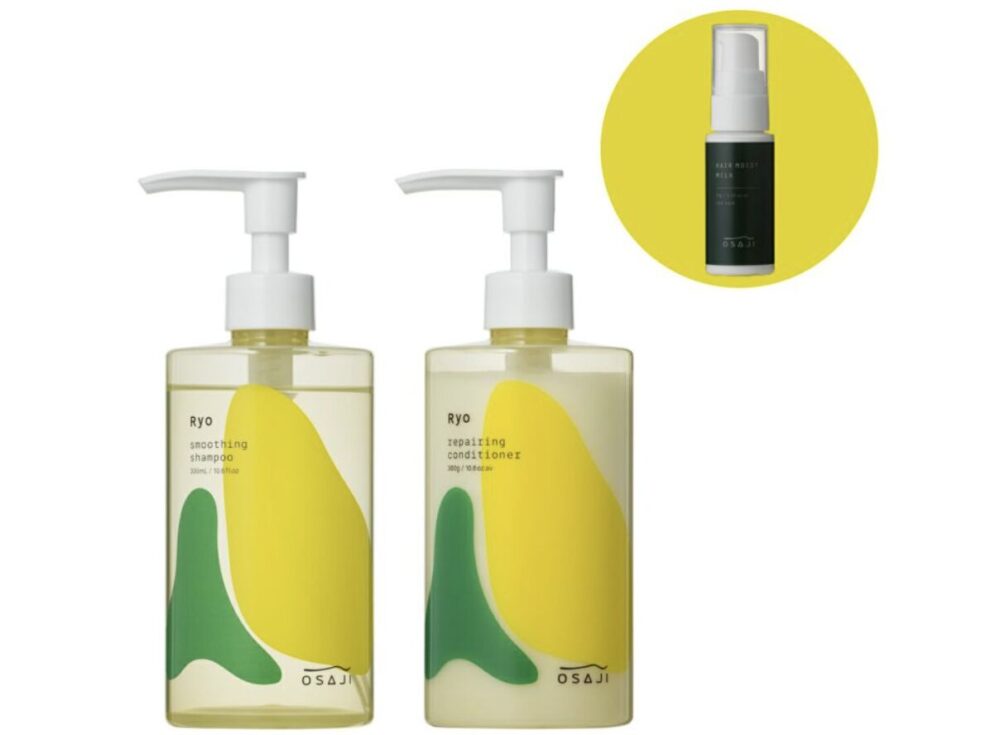
Price range: ¥2,420 / 300mL
Where to buy: Department stores
OSAJI is a Japanese skincare brand developed through sensitive skin research, and its haircare line follows the same philosophy. It features amino acid-based cleansers and plant-derived moisturizers to gently wash while nourishing the scalp and hair.
Its scents, such as “IKOI (Calm)” and “SOU (Clarity),” are made with essential oils — perfect for those who prefer natural products and avoid synthetic fragrances.
napla N.
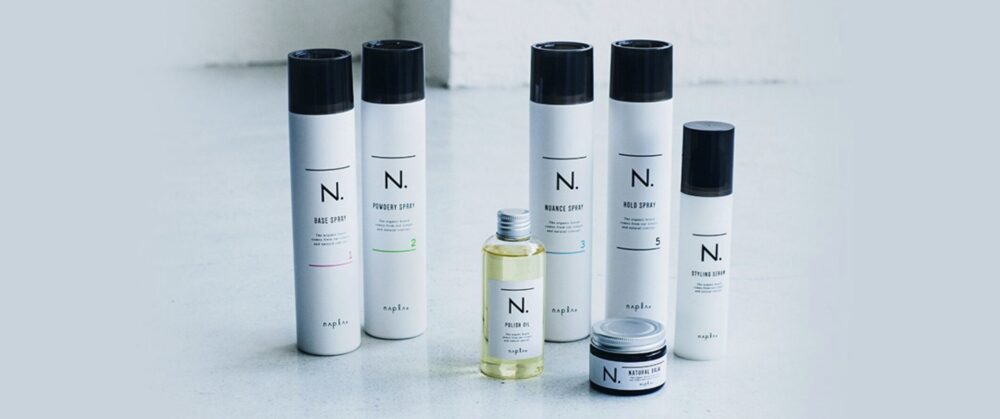
Price range: ¥3,300 / 300mL
Where to buy: Hair salons
The N. (pronounced “En-dot”) shampoo by napla is a salon-exclusive product designed to deliver that freshly styled salon finish. It contains hydrolyzed keratin, shea butter, and herbal extracts to repair and deeply nourish damaged hair.
Its citrus herbal fragrance and rich formula make it ideal for those who frequently use heat styling or hair dye.
HIMAWARI
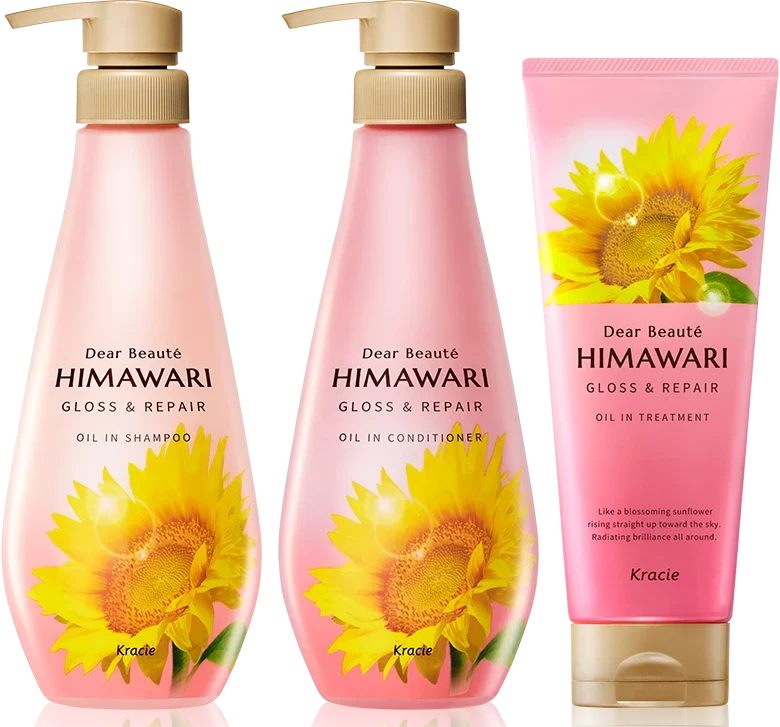
Price range: ¥900–1,000 / 500mL
Where to buy: Drugstores, Don Quijote
HIMAWARI by Kracie is formulated with a unique “distortion care” system to tame unruly, frizzy, or wavy hair. It includes sunflower seed oil and amino acid-based ingredients to help control hair that’s sensitive to humidity and dryness.
With its bright floral scent and smooth finish, it’s a great all-around option for many users.
LUX
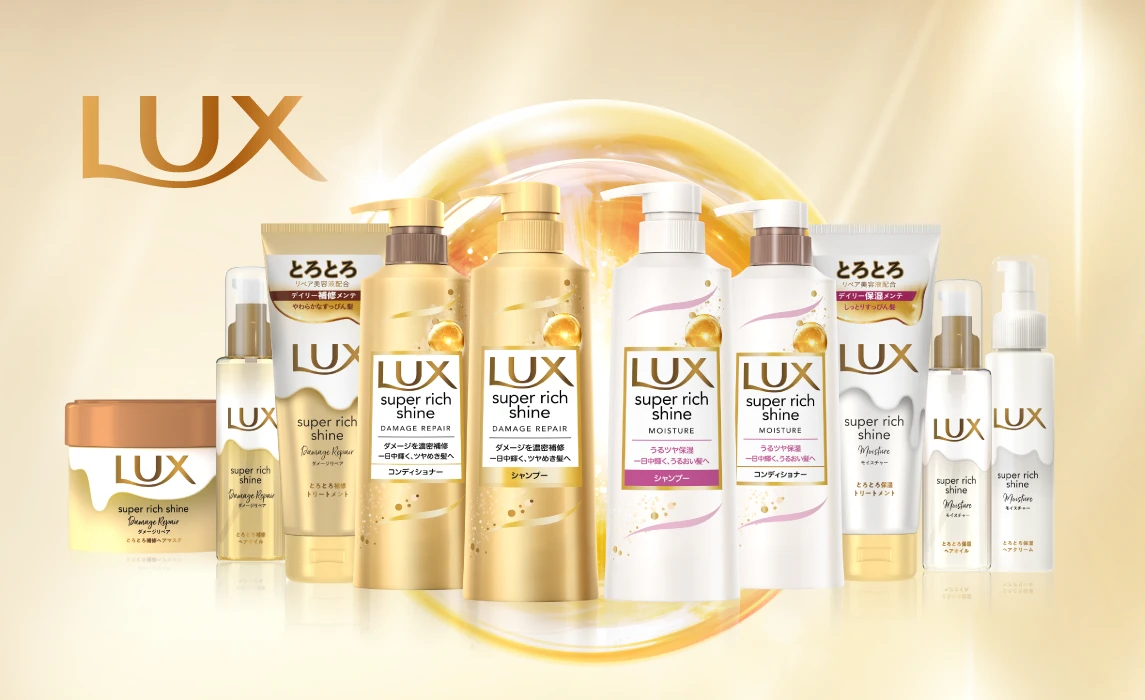
Price range: ¥900–1,200 / 450g
Where to buy: Drugstores, Don Quijote
LUX Luminique offers a non-silicone formula that still delivers salon-quality results and a luxurious fragrance. Enriched with argan oil and keratin, it leaves hair feeling soft and manageable.
The scent is inspired by high-end perfumes — a must-try for fragrance lovers.
COTA
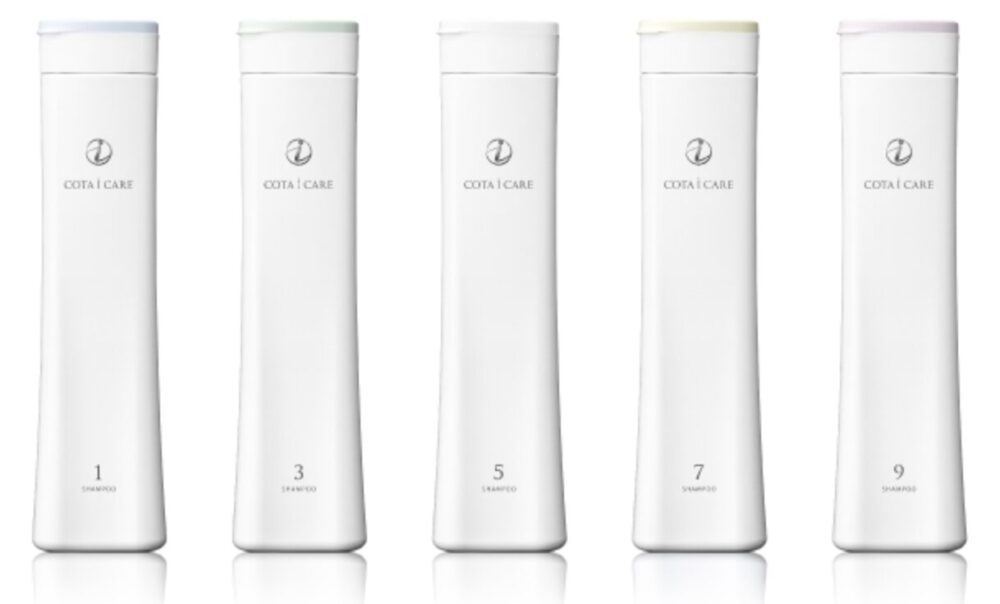
Price range: ¥2,500–4,000 / 250mL–600mL
Where to buy: Hair salons
COTA i CARE shampoo is developed specifically for salon use and features a blend of anionic and amino acid-based surfactants for gentle cleansing and detangling.
With added arginine, it provides both hydration and repair. The line comes in five scent profiles (herbal, floral, etc.) and is specially designed to suit a wide range of hair types — from fine to coarse or frizzy.
Where to Buy Japanese Shampoo: 4 Recommended Shopping Spots
Japanese shampoos are available in many places, but for travelers, accessibility is key. Here are four convenient and popular spots where you can easily find best-selling haircare products — all located along typical sightseeing routes.
Major Drugstores

Drugstores are everywhere in Japan and offer reasonable prices and a wide product selection.

These stores are often located near major train stations and tourist areas, so they’re easy to access even if you forgot to buy something.
Discount Stores & Department Stores
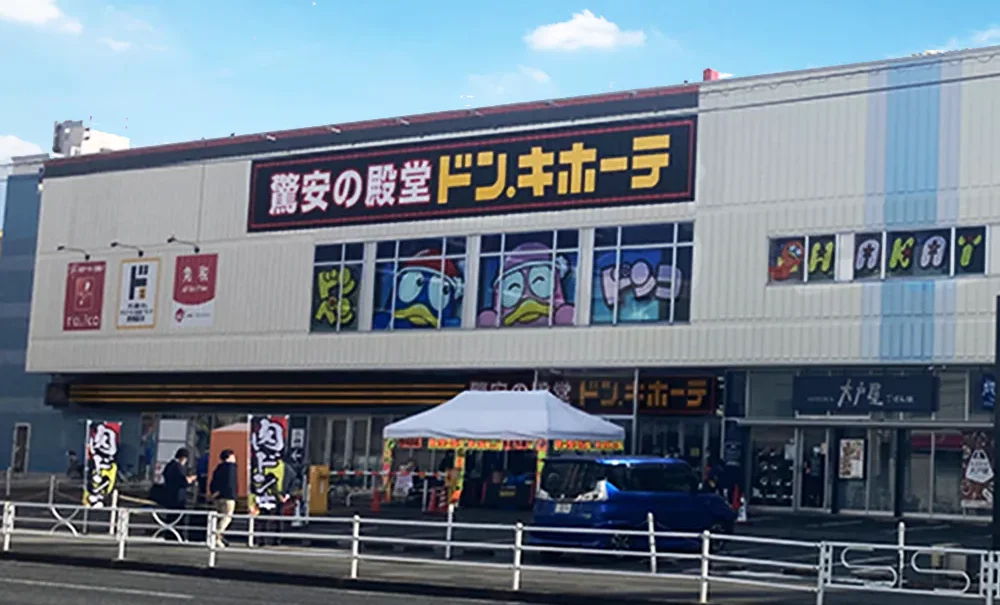
If you want to stock up along with other souvenirs or shop late at night, Don Quijote is ideal.

LOFT and PLAZA are great for stylish packaging and exclusive or limited-edition designs. They’re perfect if you’re looking for visually appealing gifts.
Airport Duty-Free Shops

If you regret not picking something up during your trip, airport duty-free shops are a convenient last-minute option. Popular brands like Shiseido, LUX, and TSUBAKI are usually available.

To avoid disappointment, it’s best to check availability in advance or use online reservation via the Japan Duty Free website.
Frequently Asked Questions About Japanese Shampoos
Q. Can I use Japanese shampoos outside of Japan?
Yes, Japanese shampoos can generally be used without any issues abroad.

For example, if you live in a hard water area, shampoos labeled as “amino acid-based” or “rich lathering” tend to perform better. Also, remember that liquid carry-on restrictions apply to air travel — containers must be under 100mL if you’re taking them in your hand luggage.
Q. The packaging is in Japanese — will I know how to use it?
These days, many popular brands include English usage instructions on the back label or on their official websites.
Additionally, online shops like Amazon Japan and Rakuten often have product reviews and instructions in multiple languages.
When in doubt, “Shampoo” is usually labeled as SHAMPOO and conditioner as TREATMENT. Color-coded bottles also help make them easy to tell apart.
Q. I’m not sure which one suits my hair type…

- Dry or brittle hair → &honey / BOTANIST Moist
- Frizzy or wavy hair → HIMAWARI (Distortion Care)
- Sensitive scalp → OSAJI / MUJI
- Glossy finish or damage repair → TSUBAKI / napla N.
If you’re unsure, try a mini-size or trial kit first. Many travelers test them during their trip and order full-size versions online after returning home.
Conclusion
Japanese shampoos are loved worldwide for their gentle ingredients, elegant scents, stylish packaging, and hair-type-specific formulas.
They’re easy to find at drugstores and variety shops, and many come in compact sizes or gift sets — perfect for souvenirs. Use this list of 10 recommended shampoos to find one that suits you or someone special.


